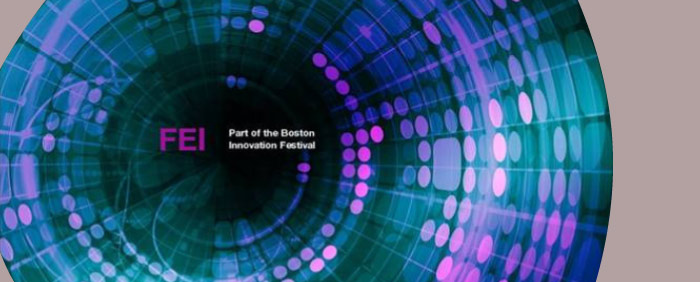This year’s FEI Boston was one of the best I’ve attended. In particular, here are five things that stayed with me looking back. I believe you should keep these key things in mind when wanting to grow exponentially.
(1) “Marketing is more important than R&D”
A great quote from a great man, I loved listening to Steve Wozniak’s views on innovation. He added, “if you don’t know what consumers want, then it doesn’t matter how well it performs!”. And as Peter Koen has told us at the start of the conference, it is easier said than done, because unintentionally, “customers lie”
(2a) And traditional consumer research and marketing methods are vulnerable these biases, which highlights the importance of the MVP principles
(2b) Peter Koen’s story about a tyre company wanting to launch a new sustainable tyre.
Market research showed that customers loved the idea and claimed they would pay the premium required. But it is a big investment to launch a new type of tyre, especially one with a new supply chain and material. So they wanted to test its sale properly before investing in development. How could they possibly do that? They ran a market test with current tyres sold alongside the new sustainable offering (really the same tyres with a different sign). And they tried to persuade consumers to buy the new sustainable tyre (at a small premium). Despite their best efforts, they couldn’t get people to spend the extra money – and so they stopped the project (of course consumers that did choose to buy the new tyre would then be told it was a test and given a discount on the current product). While we’re used to working with MVPs now, this was a good illustration of a low-cost way to generate real data and seemingly avoid wasting money before they even prototyped the product – because they prototyped the revenue model first.
(3) J&J introduced a model for “walking the square” as part of their session “When business models meet real people”
Big thanks to Wilma Lam and Lona Vincent. It is too easy for innovators – and especially in technical organisations to focus on the products, services and technologies they are developing. Sure these are important, but what I take from J&J’s walking the square model is that the technology or product doesn’t inherently create the value of itself. The technology is a component of a business strategy, which itself defines a business model which is what delivers value to customers (and generates it for the company). For example, if you produce a device, or sell an app – you still need to find a coherent business model that translates these features and benefits into revenue in a way the customer will pay for it. The session also presented an excellent paper-based tool for mapping this value through the value chain. I loved the visual nature of their cards and the session was a great reminder to think about sources of value beyond money – such as market access, data, IP, content and reputation.
(4) “Making things more efficient isn’t going to solve the problem”
Joi Ito from MIT Media Lab commented about today’s sustainability and healthcare systems, that “making things more efficient isn’t going to solve the problem”. We couldn’t agree more. And it was great to see the MIT Solve teams focussing on solutions that can really disrupt the current healthcare and sustainability paradigm for the better.
(5) Steve Wozniak and later, Chris Varley, highlighted how many corporate R&D teams have moved away from “research” and towards “design and development”.
He recommended that disruptive innovation teams (which can pick up some of this more early stage, uncertain “research”) should report not to the CEO who is focussed on annual growth, but to the board who can have a longer-term focus. And from the point of view of start-up and corporate collaborations, Chris Varley led an excellent session that helped us all understand the tensions in these sorts of collaborations. In particular, I found helpful the observation about the different concept of time between start-ups (for whom a week might be a development cycle) and corporates where decisions might be made on a monthly or annual cadence.
There were many more fascinating talks and insights which I’ll take away, but not enough space to share here! I’d love to hear your highlights and comments on the above, please email me on alan.cucknell@18.170.153.187. Until then I can’t wait for next year. See you all in Boston for FEI 2020!

